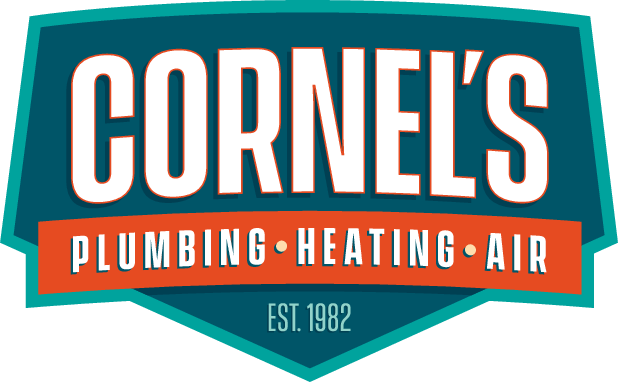As a homeowner in the northwest, you know firsthand how cold winter weather can be. And while you can easily turn on the heat and bundle up in layers of clothing to keep warm, your home needs a bit more preparation to resist the freezing temps. Winter plumbing maintenance is crucial since your pipes and faucets are at high risk of damage.
Before the temperature plummets outside, make sure to follow these winter plumbing maintenance tips to ensure you adequately prepare all your home plumbing components for the colder weather. During the winter, the last thing you want to deal with is frozen pipes or, even worse, a burst pipe. Avoid unnecessary and costly repairs with this checklist:
1. Winterize Your Outdoor Faucets
Exterior faucets are at very high risk since they are entirely exposed to freezing temperatures during the winter. Here are three easy things you can do to protect outdoor faucets:
- Drain and remove all hoses.
- Turn off the water supply to the exterior hoses and drain any remaining water from the faucets by opening them.
- For additional protection, you can purchase an insulated cover for the hose bib.
3. Maintain a Warm Environment
You can take many small actions during the winter to minimize the risk of frozen or burst pipes. Essentially, you want to create an interior environment that maintains a warm, smooth airflow.
4. Close the Garage Door
You can keep a warm environment by closing the garage door consistently. Many water supply lines go through this area, and opening the garage door during the winter allows freezing air to enter.
5. Watch Your Thermostat
Keeping the thermostat set at a consistent temperature is also essential, as is opening cabinets and interior doors to help to keep the warm air in the home circulating.
If you are going away from the house for a significant period, you may think about turning off the heat to save money. But a burst pipe will cost you a lot more than a slight increase in your heating bill. Keep your thermostat set to at least 55° while away to ensure a comfortable environment for your winter plumbing.
6. Let Your Faucets Drip
It’s also important to let your faucets drip on nights that will be bitterly cold. The small but steady flow of water will help to prevent freezing. It also helps to relieve pressure within the pipes, minimizing the risk of bursting.
Need Help With Winter Plumbing? Call Us!
Winter plumbing maintenance should never be an afterthought! For more information on winter plumbing maintenance or assistance with a frozen or burst pipe, call Cornel’s Plumbing today.
2. Insulate Exposed Pipes
Your basement, crawlspace, and even your attic often contain exposed water pipes. These need to be insulated during the winter to prevent freezing. There are several ways you can insulate these pipes, including electrical heating tape or foam insulating sleeves—a combination of both is ideal.
You can also use fiberglass insulation. As a last resort in an emergency, use duct tape to wad up newspaper around your pipes. We also recommend sealing crawl spaces and any cracks.
3. Maintain a Warm Environment
You can take many small actions during the winter to minimize the risk of frozen or burst pipes. Essentially, you want to create an interior environment that maintains a warm, smooth airflow.
4. Close the Garage Door
You can keep a warm environment by closing the garage door consistently. Many water supply lines go through this area, and opening the garage door during the winter allows freezing air to enter.
5. Watch Your Thermostat
Keeping the thermostat set at a consistent temperature is also essential, as is opening cabinets and interior doors to help to keep the warm air in the home circulating.
If you are going away from the house for a significant period, you may think about turning off the heat to save money. But a burst pipe will cost you a lot more than a slight increase in your heating bill. Keep your thermostat set to at least 55° while away to ensure a comfortable environment for your winter plumbing.
6. Let Your Faucets Drip
It’s also important to let your faucets drip on nights that will be bitterly cold. The small but steady flow of water will help to prevent freezing. It also helps to relieve pressure within the pipes, minimizing the risk of bursting.
Need Help With Winter Plumbing? Call Us!
Winter plumbing maintenance should never be an afterthought! For more information on winter plumbing maintenance or assistance with a frozen or burst pipe, call Cornel’s Plumbing today.


